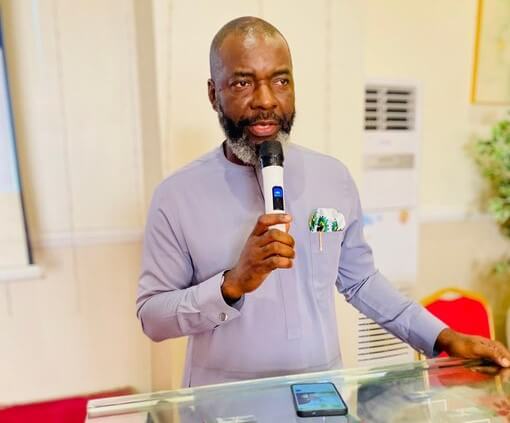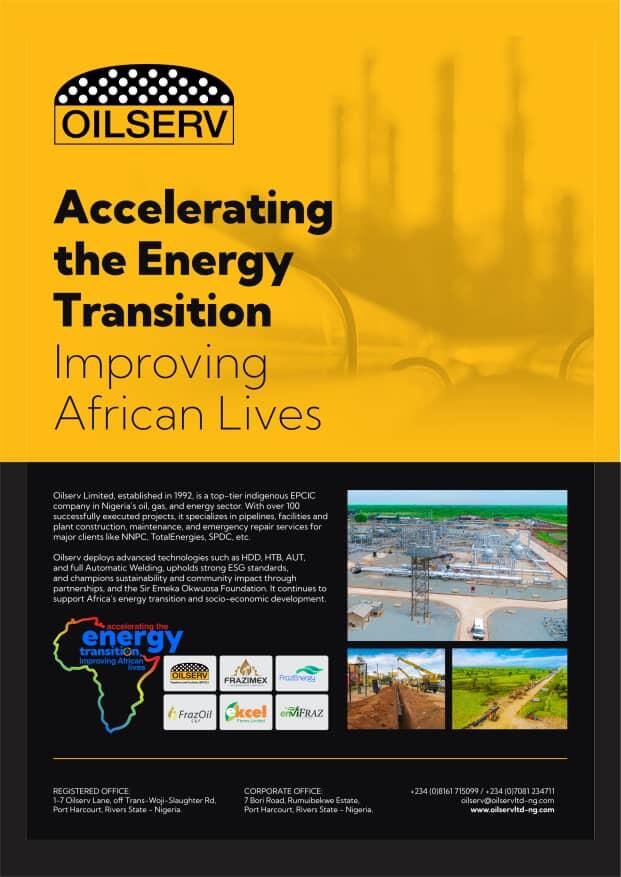In a Capacity-Building Workshop for Media Stakeholders, the Nigerian Content Development and Monitoring Board (NCDMB) unveiled the modalities and metrics behind the board's unprecedented success in attaining a 56% Local Content Implementation Level in the oil and gas sector.
The sterling disclosure was reeled out during its annual Nigerian Content Capacity Building Workshop for Media Stakeholders 2024 in Port Harcourt, Rivers State. The workshop themed “Role of Media and Communication in Sustaining the Tempo of Nigerian Content Development,” focused on enhancing and strengthening media professionals' capacity to effectively and efficiently report and promote Nigerian content initiatives.
In declaring the workshop open Executive Secretary NCDMB Engr. Felix Ogbe represented by Dr. Esueme Dan Kikile, Esq., General Manager, Corporate Communications/Zonal Coordination, NCDMB took time to inform the media stakeholders on the emphatic and crucial role of the media in driving awareness, advocacy, and public understanding of policies aimed at fostering local content development in Nigeria’s oil and gas industry
He especially during his remarks reiterated the utmost commitment of the board towards improving the standard of living of the Niger Delta host communities by placing them in the spotlight of the oil and gas value chain through the various developmental initiatives and intervention schemes of the NCDMB which include Back-To-Creek Initiative and Revised Community Contractors Financing Scheme.
“NCDMB has currently achieved 56% local content compliance level which is significant progress, but there is a whole lot to be done because our target is to hit 70% at 2027, and one of the critical enablers that we believe that will support that is to bring the communities into the value chain trust of the oil and gas industry.
“And that is why at the PCN 2024 the Executive Secretary Engr. Felix Omatsola Ogbe announced these critical enablers and one is the Back-To-School Initiative, this speaks to the fact that we want our communities to feel the impact of our industry more so we need to put certain facilities in our communities,” Dr. Esueme stated.
“Some of the schools in rural areas do have accommodations for Corpers and Teachers so one of the things that will happen under the Back to School Initiative is to be able to put some of these facilities in the rural areas to attract Teachers, Corpers, and other support staff to those communities to able to have best hands working in those communities,” He added.
Dr Esueme also highlights the importance of the second enabler, the Revised Community Contractors Financing Scheme, to the host communities’ contractors. This gives them a competitive edge against their sector rivals and invariably erases the procedural financial stress they undergo in sourcing funds from financial institutions at high interest rates.
“NCDMB has a Revised Community Contracting Financial Scheme wIth N15 billion domiciled with Bank of Industry and contractors who have secured contracts in these companies will receive loans at single interest loan,
“The single obligor has now been raised from N20 million to N100 million which, he explained, has given local contractors more opportunities to access higher figures,” Dr. kikile explained.
Dr. Esueme in the concluding part of his remark charged the journalists to develop the habit of investigative journalism by asking the board pertinent questions on their activities, especially on the area of the metrics used in achieving the prevailing 56% local content compliance level
Speaking on the metrics and measurement used in achieving 56% local content compliance level General Manager, of Midstream Monitoring of NCDMB, Mrs. Tassala Tersugh in the second presentation entitled “Nigerian Content Measurement Metrics and 10-Year Strategic Road Map,” explained that performance monitoring involves the monitoring of progress against Nigerian Content commitments and the NOGICD Act, while Compliance monitoring is checking compliance with statutory requirements.
“In NCDMB, the Monitoring and Evaluation directorate is divided into four departments: Upstream, Midstream, Downstream, and Quality assurance, so we are looking at the whole value chain in the oil and gas industry. We also have a three-point approach in monitoring, which includes performance, compliance, and intervention monitoring,” Mrs Tersugh highlighted.
Other highlights at work were three paper presentations and two panel discussion sessions. The first presentation was entitled “Implementing Nigerian Content New Contracting Guidelines,” and presented by Engr. Bashir Ahmed is a Project Certification and Authorisation Directorate (PCAD) supervisor, NCDMB. Engr. Bashir highlighted foundational facts regarding the NCDMB and its operations, such as Mandate and Mission Statement, Necessity for a Local Content Framework, a Regulatory Framework, Ministerial Regulations, Presidential Directives, and Guidelines.





















